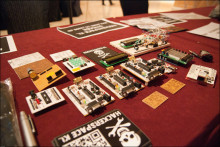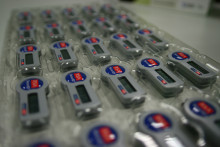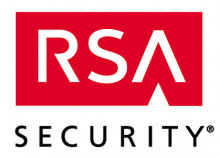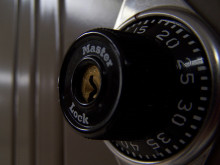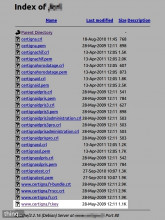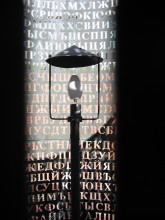WarGames.MY 2011 - Can You Hack IT?
WarGames.MY 2011, Malaysia’s first online capture the flag competition, aims to bring the fun of tinkering and puzzle solving back to hacking! The event will allow Malaysian ‘hackers’ to showcase their skills in a secure and contained environment and prove that they are amongst the best the country has to offer.














































